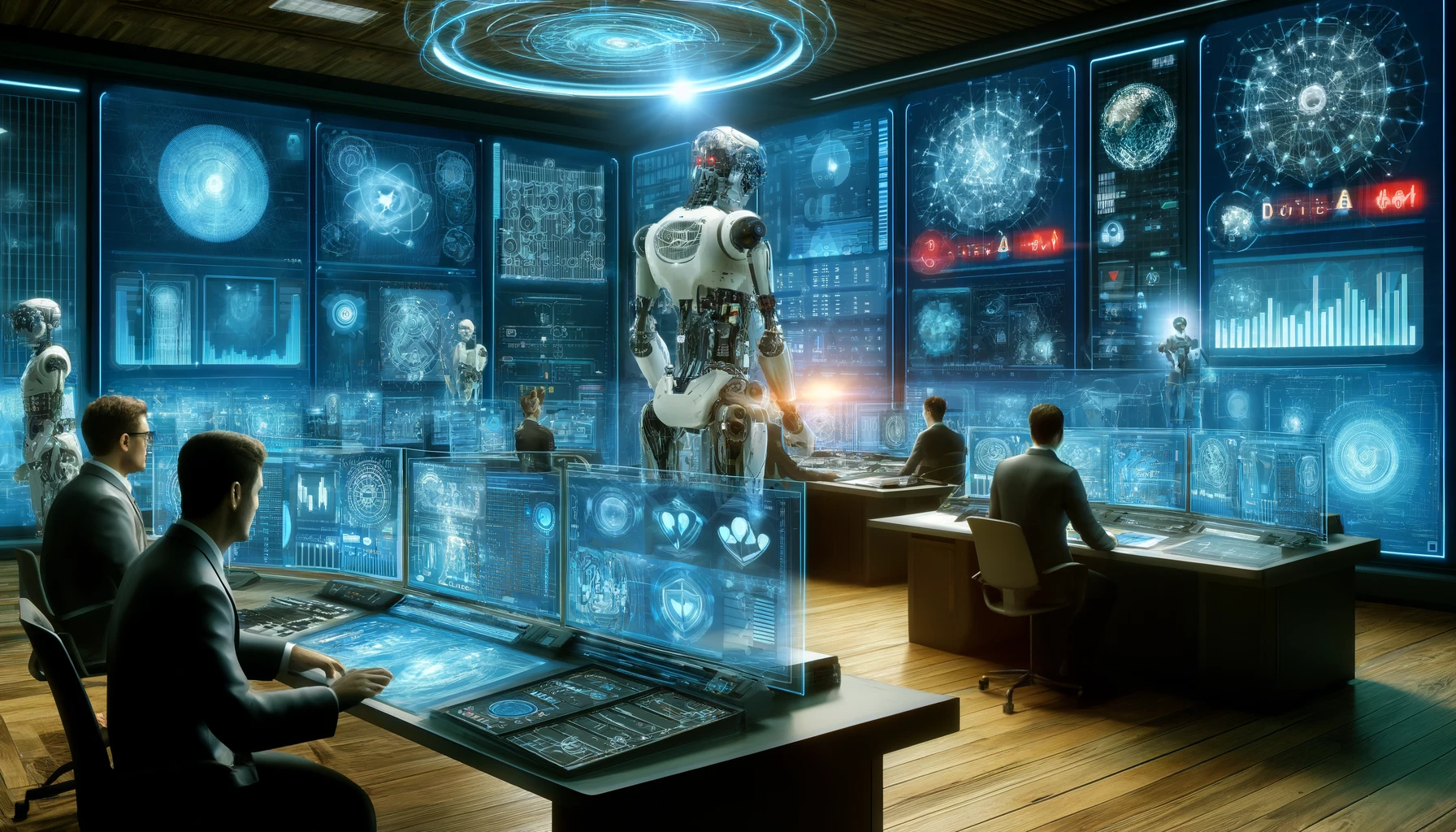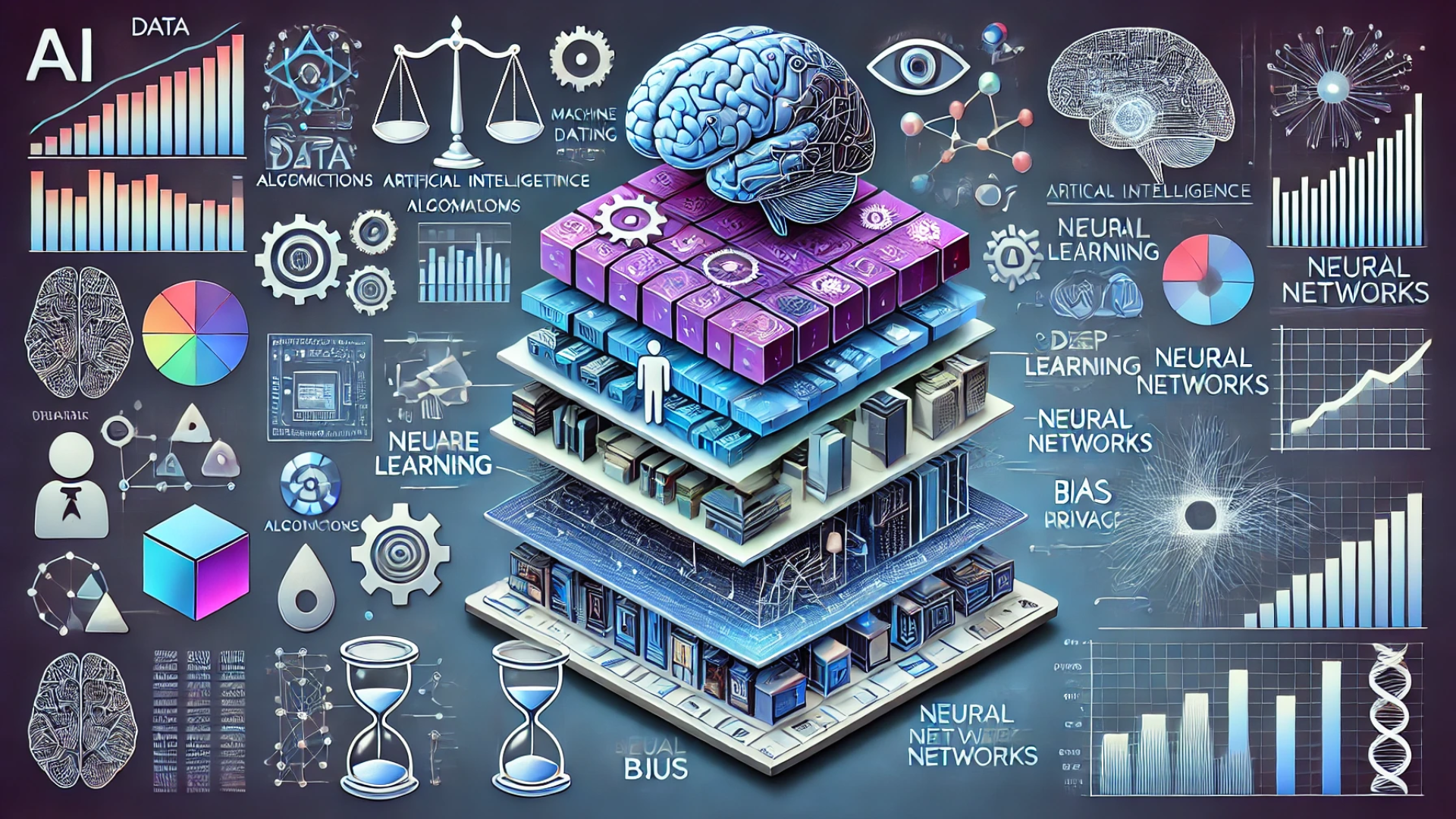
In today’s fast-paced digital age, cybersecurity is more crucial than ever. With cyber threats evolving rapidly, many are asking: Can artificial intelligence (AI) replace traditional cybersecurity? Let’s dive into how AI is changing the game and whether it can completely take over.
The Rise of AI in Cybersecurity
AI has made significant strides in various fields, and cybersecurity is no exception. Using AI for cybersecurity involves leveraging machine learning algorithms, data analysis, and automation to identify and combat threats.
Benefits of AI in Cybersecurity:
- Speed and Efficiency: AI can analyze vast amounts of data quickly, identifying potential threats faster than human analysts.
- 24/7 Monitoring: Unlike human workers, AI systems can operate around the clock without breaks, providing continuous protection.
- Pattern Recognition: AI can learn and recognize patterns in cyber attacks, predicting and preventing future threats.
- Automated Responses: AI can automatically respond to certain types of cyber threats, mitigating damage before it escalates.
A Deep Dive into the Dark Web Heist know
How AI Powers Cybersecurity
Let’s look at some key areas where AI is making a difference:
Threat Detection
AI excels at sifting through large datasets to detect unusual patterns that may indicate a cyber threat. For example, it can spot irregular login attempts or unusual network traffic that could suggest a breach.
Fraud Prevention
In financial institutions, AI helps in detecting fraudulent transactions by analyzing transaction patterns and flagging those that deviate from the norm.
Malware Detection
AI-powered systems can identify new strains of malware by comparing them to known malware signatures and behaviors. This helps in quickly neutralizing threats that traditional antivirus software might miss.
Can AI Fully Replace Human Cybersecurity Experts?
While AI offers incredible advantages, it can’t entirely replace human expertise. Here are some reasons why:
- Complex Decision Making: Some cyber threats require nuanced understanding and decision-making that only experienced human analysts can provide.
- Adaptability: Cybercriminals are constantly evolving their tactics. Human experts are better at thinking creatively and adapting to new threats.
- Contextual Understanding: AI might struggle with understanding the broader context of certain cyber threats, which is crucial for effective response strategies.
- Ethical Considerations: Humans are needed to oversee AI systems, ensuring that they operate ethically and don’t make harmful decisions.
The Future of AI in Cybersecurity
While AI won’t completely replace human cybersecurity experts, it will continue to augment their capabilities. The future of cybersecurity will likely be a blend of AI and human intelligence working together.
Potential Developments:
- Enhanced Collaboration: AI systems will increasingly collaborate with human analysts, providing them with insights and automating routine tasks.
- Advanced Threat Prediction: AI will get better at predicting emerging threats, helping organizations stay one step ahead of cybercriminals.
- Improved User Education: AI can assist in educating users about best cybersecurity practices, reducing the risk of human error.
Fundamentals and Future of Cybersecurity must know
Conclusion
AI is undeniably a powerful tool in the fight against cyber threats. It offers speed, efficiency, and the ability to handle vast amounts of data. However, human expertise remains essential for complex decision-making and ethical oversight. The best approach to cybersecurity combines the strengths of both AI and human intelligence, ensuring robust protection for our digital world.
FAQs
Q: Can AI detect all types of cyber threats? A: While AI is excellent at detecting many types of threats, it may not catch everything, especially new or highly sophisticated attacks.
Q: How can AI help small businesses with cybersecurity? A: AI can provide affordable and effective cybersecurity solutions for small businesses, offering continuous monitoring and automated threat responses.
Q: Will AI replace all cybersecurity jobs? A: AI will change the nature of cybersecurity jobs, but human expertise will still be needed for complex tasks and decision-making.

